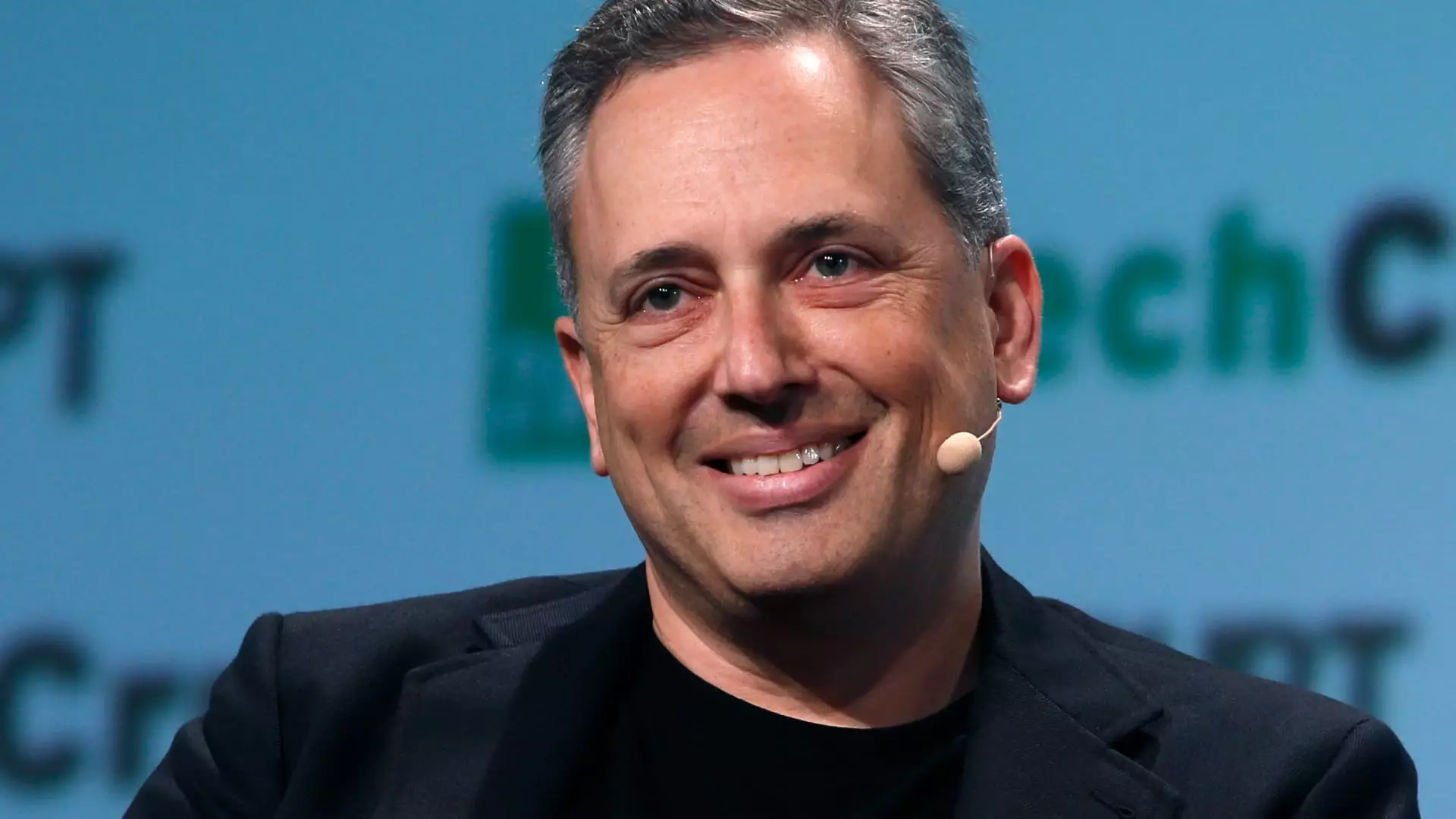In a surprising move that underscores the deepening links between Silicon Valley and the political landscape, President-elect Donald Trump has appointed venture investor David Sacks as the “White House A.I. & Crypto Czar.” This position places Sacks at the forefront of developing U.S. policies on artificial intelligence and cryptocurrency, two areas that are becoming increasingly pivotal to the global economy. The announcement, made via Truth Social, positions Sacks as a crucial player in shaping the Trump administration’s technological ambitions.
Sacks will be tasked with establishing a legal framework for cryptocurrencies, a move that many in the entrepreneurial sector have long advocated for. A clear legal structure is critical for fostering innovation and attracting investment in the cryptocurrency space. Additionally, Sacks will spearhead a presidential council dedicated to science and technology, further emphasizing the administration’s commitment to leveraging technology for national advancement. Trump’s statement highlights Sacks’ role in enhancing free speech online and combating perceived biases in Big Tech, indicating a proactive approach to policy that aligns with the interests of many tech entrepreneurs.
This appointment signals a profound shift in the dynamics between the Trump administration and Silicon Valley. In recent years, the tech industry has often found itself at odds with political leaders over issues ranging from regulation to antitrust concerns. However, Sacks’ involvement suggests a thawing in these relations, particularly towards those within the tech community who are willing to engage with and support Trump’s vision. Having hosted a high-profile fundraiser for Trump earlier this year, where attendance required hefty ticket prices, Sacks has clearly positioned himself as a significant supporter of the Trump agenda.
Interestingly, Sacks’ journey to this role is marked by a notable transformation in his views on Trump. After the events surrounding the January 6 Capitol riots, Sacks was visibly critical, asserting that Trump’s actions had disqualified him from national candidacy. His subsequent shift to become a staunch supporter raises questions about the malleability of political allegiances in the tech sphere. As he navigates this complex political environment, Sacks must reconcile his past criticisms with his current role, which is focused on major technological policy shifts.
Sacks is not only a venture capitalist with a significant track record—having sold Yammer to Microsoft for $1.2 billion—but he also represents the “PayPal mafia,” an influential network of successful tech entrepreneurs. This backdrop suggests that his appointment will not only influence policy on A.I. and cryptocurrency but may also catalyze a broader movement within the tech sector to engage more cooperatively with political frameworks.
As Sacks steps into his new role, his ability to bridge the gap between technology and governance will be scrutinized. With the stakes high in the realms of A.I. and cryptocurrency, his influence could shape not just national policy but also the global landscape. The outcome of his initiatives may well determine how the United States positions itself as a leader in these transformative technologies, ultimately reflecting the values and interests of both the government and Silicon Valley.


Leave a Reply